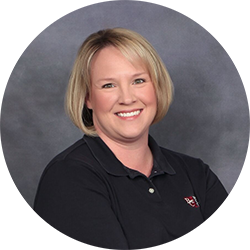CFPB Takes Aim at Returned Deposited Item Fees
The CFPB recently released Compliance Bulletin 2022-06 which focuses on fees charged to depositors when a deposited item is returned unpaid (aka a returned deposited item fee). The bulletin explains that the CFPB believes charging such fees “across the board” is likely an unfair practice. It states:
Blanket policies of charging Returned Deposited Item fees to consumers for all returned transactions irrespective of the circumstances or patterns of behavior on the account are likely unfair under the Consumer Financial Protection Act (CFPA).
The purpose of the Bulletin is to notify regulated financial institutions how the CFPB is looking to regulate such fees.
Given that the CFPB believes such fees are not reasonably avoidable and cause substantial injury, with no overriding benefit for consumers, the standards for an unfair act or practice are met. The CFPB does note, however, that institutions can likely avoid a UDAAP citation when charging these fees if they are charged only when a consumer would be able to reasonably avoid the injury. For example, if the fee is only charged when….
- Someone repeatedly deposits bad checks drawn on the same individual; or,
- A check is returned because it is unsigned.
Based on this Bulletin, you may want to reconsider this practice as it’s likely the amount of income generated isn’t worth the UDAAP risks involved.
Published
2022/11/14

Amy Kudlacek
Amy brings many years of banking and compliance experience to Banker’s Compliance Consulting. She has worked for both large and small financial institutions and spent time working in every area of a bank. She started out as a teller in college and eventually became a branch manager. Her love, however, was always compliance. Amy began her career with Banker’s Compliance Consulting in 2000. Her knowledge and experiences have allowed her to develop a well-rounded and practical approach to regulatory compliance. Amy is CRCM certified, has a Bachelors Degree in Business Administration and is a graduate of the ABA Compliance School. Amy & her husband have two children at home and stay busy following their activities. They spend a lot of time in the bleachers!

